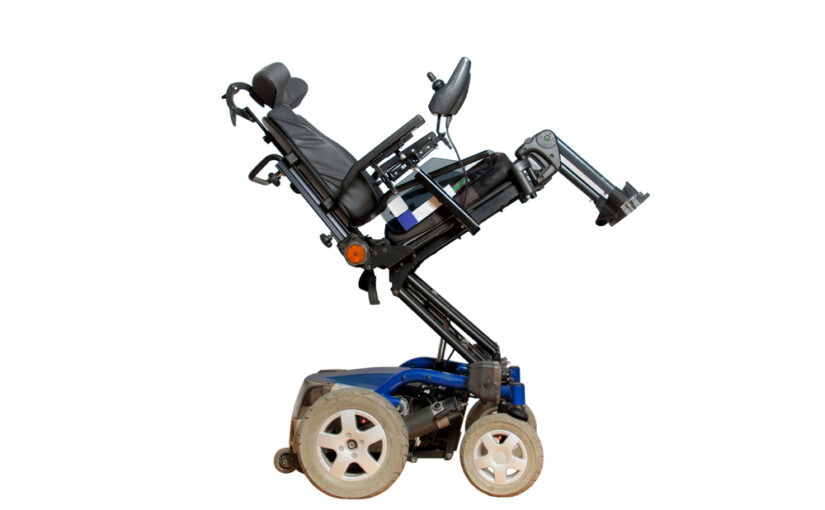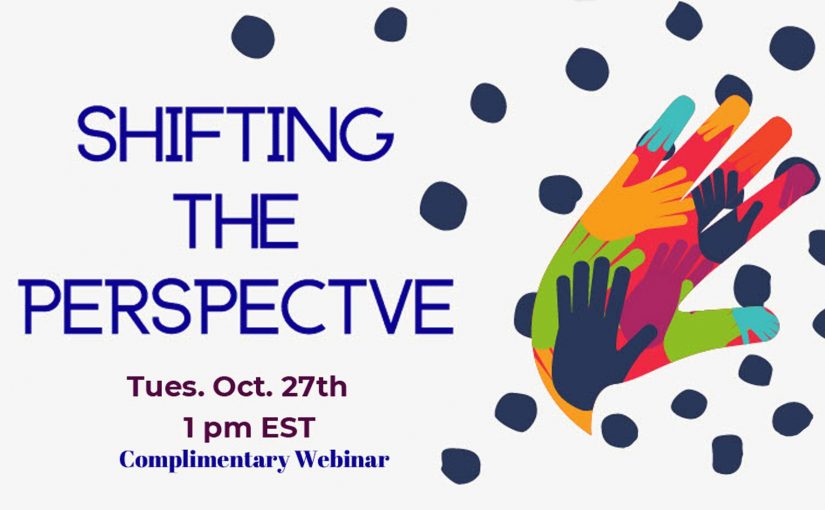This post was written by Rick Wyche, ATF Medical’s Senior Director of Business Development
Joe Paduda’s blog post on buying workers’ compensation services was dead-on. If you missed it, please take a minute to read it. Paduda discussed the fact that some people tend to look at a lot of services as commodities – and acknowledged that some of them are. He cited pharmacy benefit management (PBMs) as an example, mentioning that the larger PBMs have bigger buying power.
“In contrast, think clinically oriented services, those delivered to high-need patients, e.g., powered wheelchairs.”
Now he was singing my song!
“What matters is NOT the buying power of the supplier, but it’s the customer-centricity, depth of knowledge, flexibility, and adaptability. The power wheelchair has to be the right weight, carrying capacity, have the right functionality, fit through the right width and height, and meet the user’s functional restrictions,” Paduda continued.
I covered this topic in detail in WorkCompWire. Specialized equipment for workers with complex injuries is a high-touch prospect. Whether the company is large or small, its people need long-term, deep relationships with manufacturers, lots of education, and to stay current with the latest trends and technologies. Most important, the company has to deliver amazing service to injured workers and to workers’ comp payers.
ATF Medical’s professionals conduct clinical evaluations and leverage our in-depth product knowledge and experience when recommending the precise equipment and components for your injured worker. Considerations include:
• Current medical status and expected changes
• The living space
• Available and upcoming technologies and products
• Transportation needs
• Nursing care arrangements
• Family/support system
We have all kinds of certified specialists on staff: occupational therapists, assistive technology professionals, rehab technology specialists, environmental access consultants, durable medical equipment specialists, and home modification experts. Depending on the diagnoses, we build a team to create a unique solution for your injured worker.
And, I know everyone says “unique solution,” but there is no other way to adequately describe it. There are so many components, people, and perspectives that go into an ATF Medical recommendation. It’s not a product or a single service. It truly is a solution.
We order everything for you, handle all the deliveries and set up and oversee any renovations. There’s no deliver and drop. We make sure injured workers are fitted properly and they and their families understand how complicated equipment works and who to call with questions. We check in with them and monitor injured workers’ progress, suggest changes. We repair and maintain equipment – and we keep the adjusters, case managers, and other claims reps informed every step of the way.
Same thing with adaptive housing services. Everything is customized to the needs of a particular worker’s condition and living space and designed to work efficiently and cost effectively with their medical equipment. We’re all about increasing their quality of life and without wasting your money.
Complex injuries call for complex solutions. When that’s what you need, call 877-880-4283 or ask your home health company, TPA, or insurance company to ask for us.
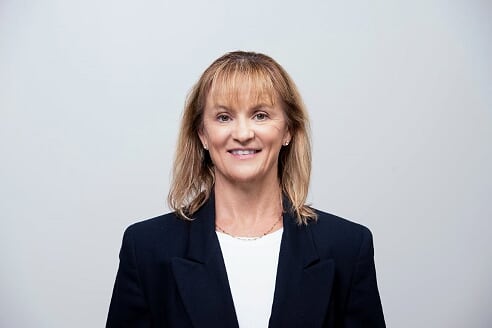

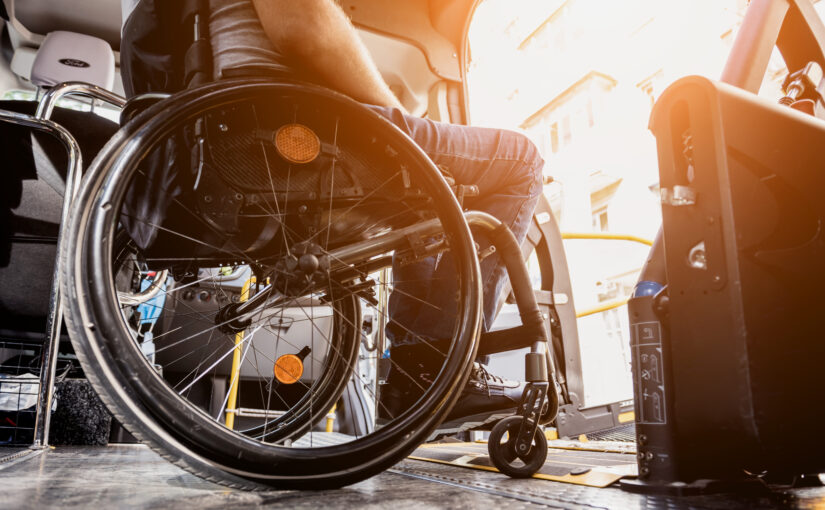
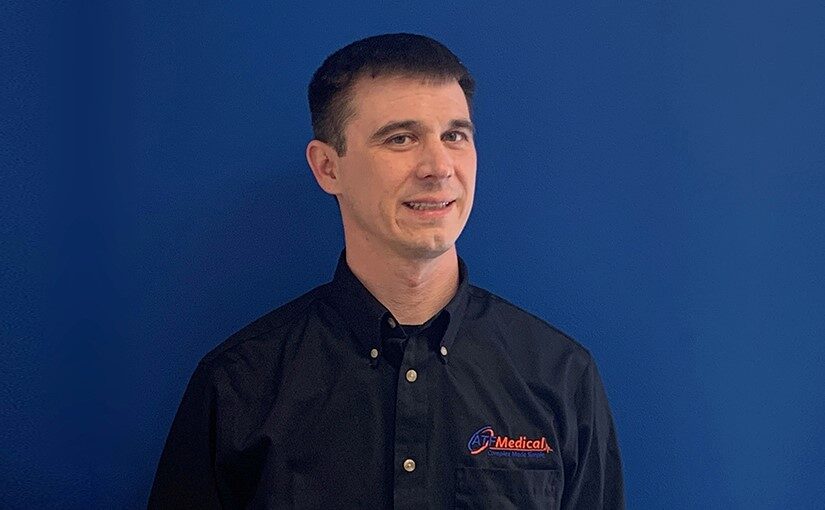
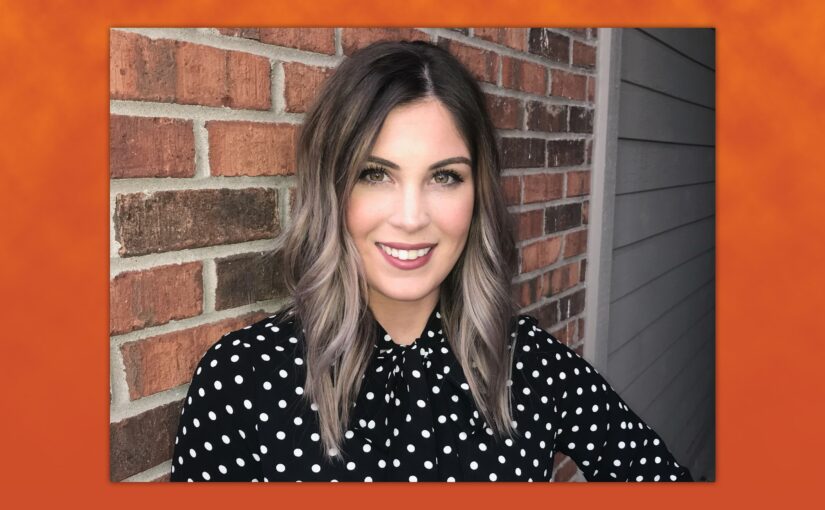
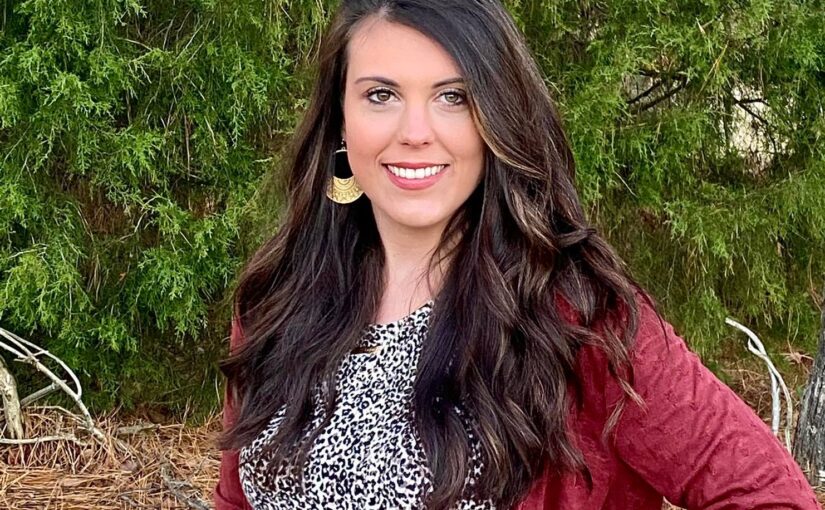
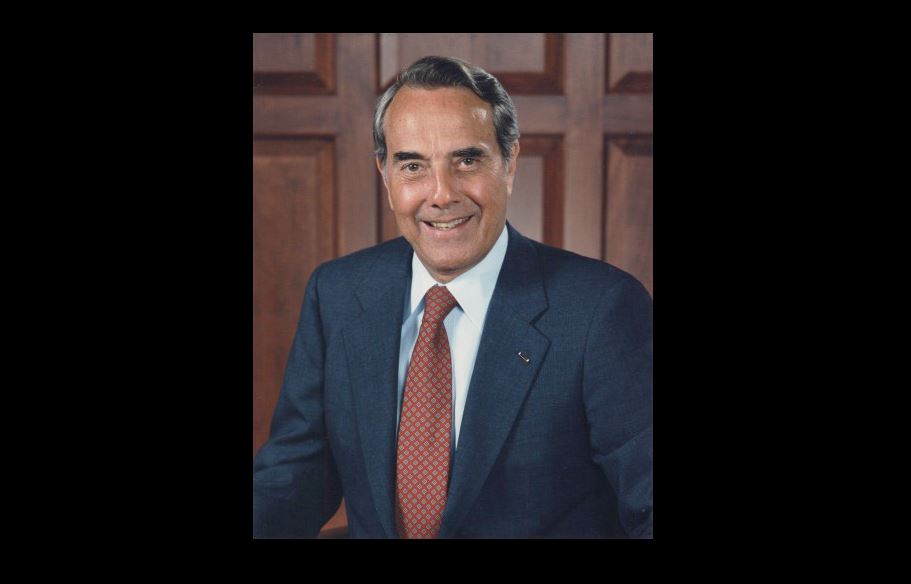
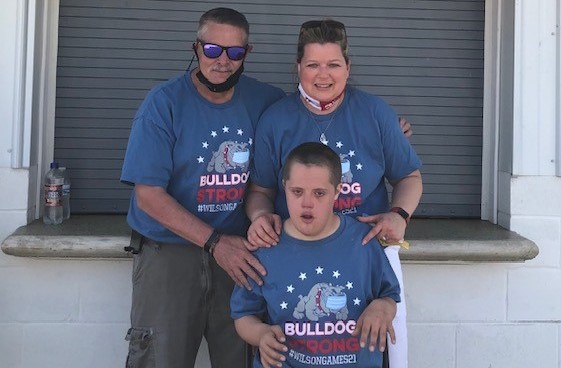
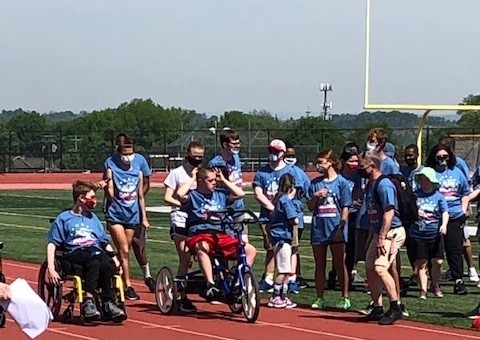 won the wheelchair race. His dad barely had time to cheer him on since he was inundated requests for wheelchair adjustments and tune-ups. Kevin worked in children’s pediatrics for 20 years before joining ATF Medical and has known some of the kids and their families for 30 years. He has a degree in Rehabilitative Science and a background in sports medicine.
won the wheelchair race. His dad barely had time to cheer him on since he was inundated requests for wheelchair adjustments and tune-ups. Kevin worked in children’s pediatrics for 20 years before joining ATF Medical and has known some of the kids and their families for 30 years. He has a degree in Rehabilitative Science and a background in sports medicine.